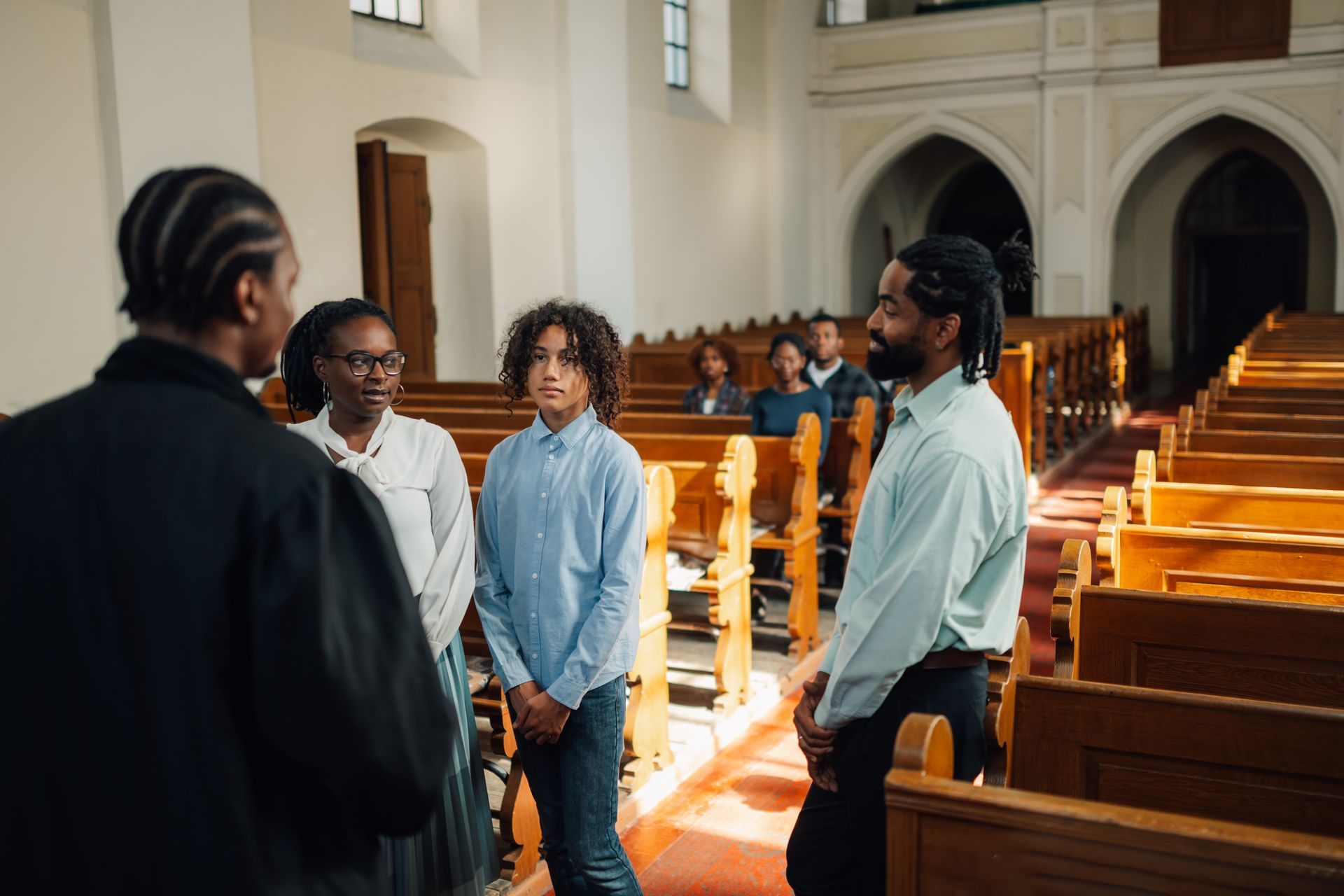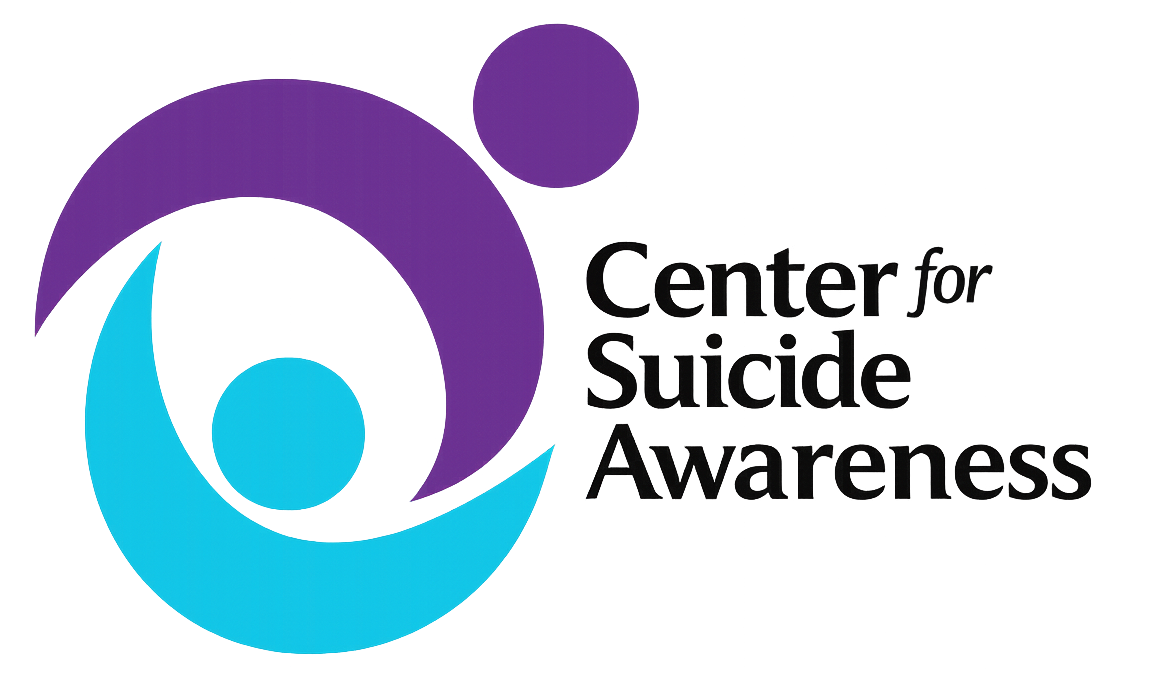Faith-Based Communities
Training for faith leaders & communities that want to do more.
Faith communities are often the first place someone turns when life feels unbearable. Whether you’re a pastor, rabbi, imam, lay leader, or church volunteer, people trust you with their struggles. This training gives you the tools to respond with compassion, confidence, and clarity when someone is facing thoughts of suicide. It’s not about having all the answers—it’s about being present when it matters most.
When People Are in Pain, They Often Look to Faith
But too many still suffer in silence.
For generations, stigma, misunderstanding, or fear have kept suicide out of the conversation in religious spaces. That silence hasn’t saved lives. It’s made people feel alone. This training opens the door to honest, respectful dialogue about mental health within your congregation—without compromising your values or theology. Because caring for souls includes caring for mental health, too.


What You’ll Learn
Support that aligns with faith, grounded in action.
- How to recognize emotional and spiritual signs of suicidal ideation
- What to say when someone in your congregation opens up
- How to talk about suicide in sermons, groups, or one-on-one conversations
- Responding to crisis in a way that’s spiritually sensitive and mentally sound
- Ways to integrate suicide prevention into pastoral care and youth ministry
- How to set healthy boundaries for yourself while helping others
This training is ideal for pastors, clergy, youth leaders, chaplains, volunteers, and anyone involved in caregiving within a faith context. It can be customized to reflect your community’s beliefs and comfort level.
Faith-Based Training FAQs
Supporting life is at the heart of every faith.
Is this training specific to one religion or denomination?
No, the training is non-denominational and can be adapted for Christian, Jewish, Muslim, and other faith traditions. We respect your beliefs and work with you to ensure the content fits your values while providing life-saving tools.
What if I don’t feel qualified to help someone in crisis?
Most people don’t feel prepared—that’s exactly why this training exists. We teach you how to listen, respond, and refer without needing a counseling degree. You’ll leave with a better understanding of how to support someone without overstepping your role.
Can we talk about suicide without encouraging it?
Yes, and we must. Research shows that talking about suicide directly—and safely—can actually reduce the risk of someone acting on their thoughts. This training shows you how to create space for those conversations with care and clarity.
Is this training appropriate for youth ministry leaders?
Absolutely. Youth pastors and volunteers are often the trusted adults teens go to when they’re struggling. We provide strategies for age-appropriate conversations, recognizing distress, and supporting young people in crisis.
Can this training be part of a larger mental health ministry?
Yes. Many congregations have used our training as the foundation for launching support groups, mental health ministries, or sermon series on emotional wellness. We’re happy to help you take the first step or build on what you’ve already started.



